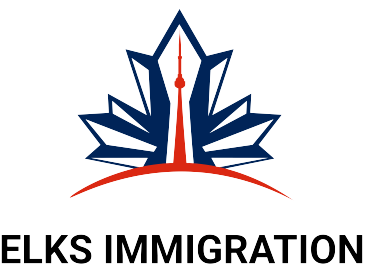Applying for a spousal sponsorship will take 12 months to get approved if all the criteria are met. In 2021, about 64,340 applicants became permanent residents under this program, and more are expected to be recorded in 2022.
Though the pandemic affected the response of many under the spousal sponsorship program, the government is doing everything that will be needed to speed up the process.
If you want to apply for the Spousal sponsorship immigration program in Canada, the following eight things should be considered.

1. The sponsor
It is crucial for everyone asking who a sponsor can be to know that there are specific criteria that validate a sponsor. A sponsor must either be a Canadian citizen or permanent resident of Canada and be a spouse or Common-law partner to the sponsored partner. Also, the sponsor must be financially stable for themselves and their spouse (including dependent children). Every sponsor must have signed an undertaking to support their spouse and dependent children on basic needs like food, clothing, health care etc.
This undertaking will still be valid even when
The sponsored person becomes a Canadian citizen
The sponsor or sponsored partner relocates to another country or province
The relationship fails, and the couple becomes separated
The sponsor has a financial challenge
Note that any benefits paid under the Canadian Employment act outside of Parental, maternity and sickness are not considered income and shouldn’t be used as a benchmark to sponsor your spouse or common-law partner.
2. Fees
The total fee that contains the processing fee, sponsorship fee and permanent residence fee is $1050. However, you still need to pay about $85 per person for the biometric fee. Though you might not have to pay the permanent residence fee ($475) during the initial application, you should just pay the standard fee to fasten the process. For Quebec province, you need to pay about $301 extra to the provincial government.
To pay the spousal application fee, you need the following
An effective e-mail address
Should have a printer or access to a printer to print the receipt
a visa debit card or a credit card, debit MasterCard
You must print at least two clear copies of the IRCC receipt for the application, as you will submit one and keep the other.
Note that the sponsorship application will not be processed until the required fees have been processed. If you paid excess, you would be refunded.

3. Biometric information
The biometrics of every sponsored partner need physical fingerprints and photographs. Even if the sponsored spouse is in Canada, they will still need to go to the designated service for biometrics. But if you are a permanent resident of Canada or a Canadian citizen, you won’t need to go for this physical biometric screening.
Note that the Biometric will only be given if the stipulated biometric fee has been paid and there is a Biometric Instruction Letter (BIL) for the screening.
4. The sponsored
The sponsored person must be either legally married or has a civil marriage and could be of the opposite or same gender.
The only time marriage is recognized when the following applies
Canadian legally done marriage
Marriage is done in a country outside Canada that recognizes such marriage and is also recognized in Canada
If the two persons were not physically present for the marriage, Canadian immigration doesn’t recognize such marriage. For a common-law relationship, the partners must have lived together consecutively for a minimum of 12 months.
For a conjugal relationship, the union can only be recognized if
They couldn’t live together because of location, religious, or other sexual reasons
The other partner is living outside Canada
They have been in the relationship for a minimum of a year
This term applies to both opposite and same-gender couples.
The only reason a conjugal partner can be sponsored is if
The relationship is mutually interdependent, and there are other attachments to their relationship
The relationship has existed for 12 months, and geographic location has set a barrier to cohabitation
5. Processing time
Before the pandemic, the processing time was fixed, but because of the backlog of applications, the processing time has been affected. Yet, the IRCC explains that the processing time depends on some factors for different applications. But expect to receive it in 12 months, even if you applied in Canada or outside of Canada.
What usually takes time are:
- The biometrics processing
- The time needed to access the sponsored and sponsor
The evaluation if both parties meet the criteria

6. Steps to apply for the sponsorship
The first step is to get the forms and checklist, all available online, but you also need to settle some things. Some of them are:
The resident country of the sponsored person
Who the sponsor is
The country where the application will be completed, and all the documents will be submitted
Then you need to get all the documents ready using the checklist received. Make sure the documents that need to be signed are done before you apply to avoid delay. Also, check if your country expects a particular requirement so you can do everything before submission. The sponsor will also fill out some forms, which can be done electronically.
You will be making photocopies of most documents and must ensure they are all clear. Also, only send originals when the IRCC requests them.
Once the application is approved, the approved permanent resident card will be created for you, which will be used for entry into the country. It will also come with all the rights of a permanent resident.

7. Spouse work/Study
If you ask whether your spouse can work or study using the sponsorship program, the answer is Yes. Your spouse can submit an open work permit application when the permanent residence is submitted so it can be processed together. But if they already have a study or work permit before the sponsorship, it is not affected as they can continue legally.
This also applies to the study permit if the spouse or common-law partner already has a valid permit. They can decide to keep their temporary resident status or go for an extension of stay.
- The biometrics processing
- The time needed to access the sponsored and sponsor
The evaluation if both parties meet the criteria
7. Quebec spousal sponsorship
The Quebec province has special rules different from other provinces. Some of the major criteria that can nullify sponsorship in Quebec include
The potential sponsor is still indebted to the Quebec government and didn’t meet the sponsorship agreement in the past
The sponsor didn’t pay child support or alimony the preceding five years before the application
The sponsor didn’t observe all the conditions the Quebec government stated
If you are a sponsor, you must reside in Quebec before you can be eligible. The following are the steps to take:
Send the IRCC an application letter
If it is approved, the IRCC will give them access to the Quebec sponsorship kit
The sponsor will fill out the undertaking and other documents and submit it to the Quebec government
The sponsor must show a financial capability to take care of their children and spouse’s dependent children, which is according to the undertaking
The process is complete once the Quebec government reviews and approves the application. If your application is approved, you will get Certificat de selection Québec, the Quebec selection certificate.

